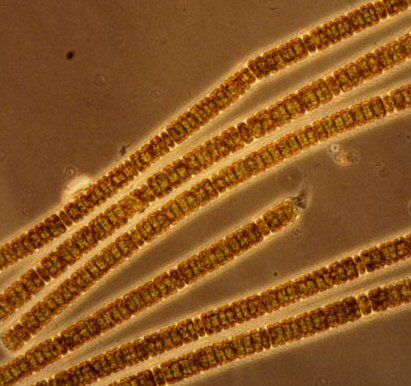Biology
 It is a fortunate coincidence that the ubiquitously active plant hormone ethylene (C2H4), is especially easy to detect with the ETD-300 ethylene detector. Ethylene is the only known gaseous plant hormone; it is involved in many aspects of the plant life cycle, as well as in response to external stress. Ethylene is responsible for signaling changes during seed germination, growth, flower and fruit development, senescence of plant organs, programmed cell death, etc. Also dehydration and drought, wounding, heavy metal stress, pathogen attack, interaction with other plant hormones are inducing changes in ethylene production.
It is a fortunate coincidence that the ubiquitously active plant hormone ethylene (C2H4), is especially easy to detect with the ETD-300 ethylene detector. Ethylene is the only known gaseous plant hormone; it is involved in many aspects of the plant life cycle, as well as in response to external stress. Ethylene is responsible for signaling changes during seed germination, growth, flower and fruit development, senescence of plant organs, programmed cell death, etc. Also dehydration and drought, wounding, heavy metal stress, pathogen attack, interaction with other plant hormones are inducing changes in ethylene production.
The ETD-300 ethylene detector is becoming nowadays a well-established method successfully used in many applications in Life Science where traditional methods, such as gas chromatography, cannot be employed because of lack of sensitivity and time-consuming pre-concentration steps.
 Nitrogen (N2) fixation. Next to photosynthesis, nitrogen fixation ranks among the most vital processes on earth. To investigate the activity of nitrogenase (the enzyme responsible for N2 fixation), the acetylene reduction method is most widely used. The ETD-300 ethylene detector, allows on-line monitoring of changes in nitrogenase activity with a time resolution of 6 seconds under different oxygen concentrations, light intensity, temperature gradient etc.
Nitrogen (N2) fixation. Next to photosynthesis, nitrogen fixation ranks among the most vital processes on earth. To investigate the activity of nitrogenase (the enzyme responsible for N2 fixation), the acetylene reduction method is most widely used. The ETD-300 ethylene detector, allows on-line monitoring of changes in nitrogenase activity with a time resolution of 6 seconds under different oxygen concentrations, light intensity, temperature gradient etc.
Biology
Download datasheets
References
Gallego-Bartolomé et al., Plant J. (2011) 67: 622-634
Hermans et al., New Phytol. (2010) 187: 132-144
McDonnell et al., Physiol. plant. (2009) 136: 94-109
Clarke et al., New Phytol. (2009) 182: 175-187
Cristescu et al., Appl. Phys. B. (2008) 92: 343-349
